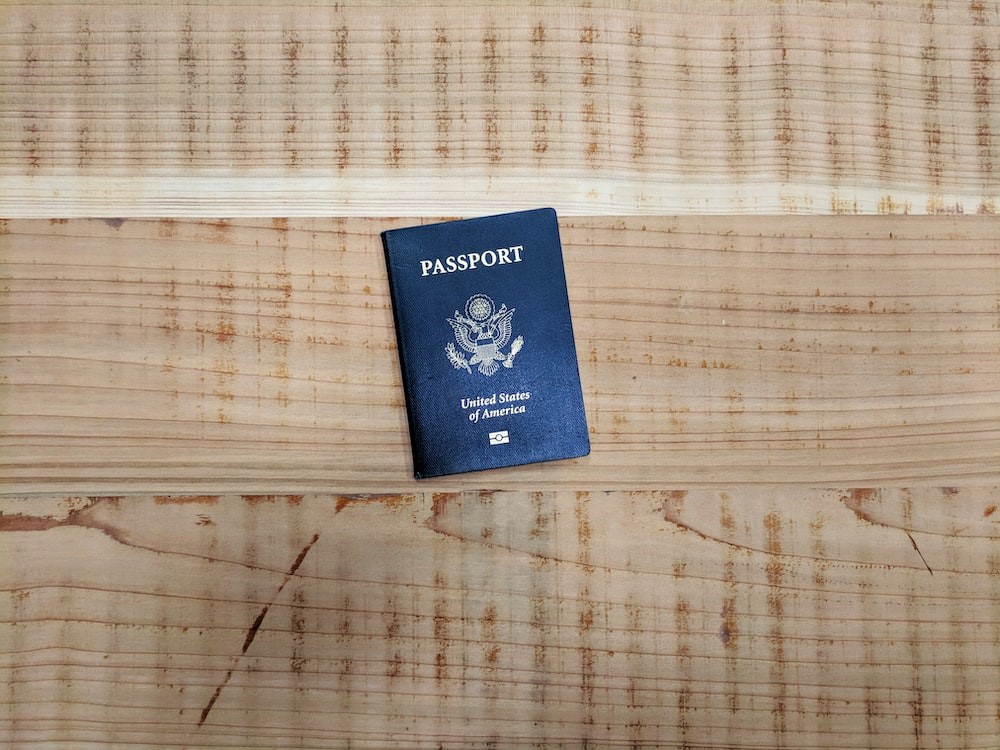5 Benefits of Having Immigration Counsel at Your In-Person Interview With USCIS
If you’ve already filed an application for US citizenship, you know that a part of the naturalization process is an in-person interview with the United States Citizenship and Immigration Services (USCIS).
Some people believe this interview is simply a formality, though that’s not exactly true. Sure, filling out the application form is important, but the interview is just as important. If you mess it up, no one will turn a blind eye.
Now, you’re not obligated to bring your counselor by law, but we highly recommend it, and here’s why.
1. You’ll know what to expect.
The interview with USCIS is basically a test consisting of three sections:
- Speaking
- Reading
- Writing
Based on your results, USCIS will evaluate you and your ability to speak, read, and write in English.
During the speaking part of the interview, you’ll be asked to answer the interviewer’s questions. There are two civics tests that can be conducted: the 2020 civics test and the 2008 civics test.
The 2020 civics test has 128 questions. The interviewer will ask you 20 questions from the list, and you need to answer at least 10 questions to pass the test.
The 2008 civics test has 100 study questions. You’ll need to answer 6 out of 10 questions to pass it.
In the reading section, the interviewer will ask you to read three sentences. You should be able to read at least one of them.
At last, you’ll be asked to write down three sentences during the writing section. To pass the test, you’ll need to accurately write down at least one sentence.
Preparation is key for almost everything in life, and this also applies to the interview with USCIS. You don’t want to just go there without knowing what this process will look like. Your counselor will help you prepare for all three sections and give you advice.
2. You’ll be able to properly answer the USCIS questions.
While the main questions in the interview are asked during the test, the USCIS officer will also ask you other questions about yourself.
There’s a variety of questions they could ask you, such as:
- How old are you?
- What is your ethnicity?
- Where were you born?
- Do you understand what the word ‘oath’ means?
- Where do you live and how long have you been living there?
- When did you last travel outside the United States and what was the reason for traveling?
As you can see, they may ask about your personal information, education status, travel, residency, or work life.
Now, this may sound simple, but there are cases when USCIS questions are not so straightforward. This is when having a counselor is useful because they will know when to ask for clarification. Of course, they can’t answer the question for you, but they can advise you on how to answer some critical questions.
Also, if you happen to provide them with an answer that is factually or legally incorrect, they will ask the USCIS officer to rephrase the question or point to records in the file that show you’re mistaken.
3. Your counselor will prepare all the necessary documentation.
It’s not enough to just show up to the interview with USCIS. You also need to bring all the required forms and documents, such as your interview appointment notice, some form of state-given identification, and your permanent resident card.
Of course, you can prepare all this by yourself, but then you risk not having everything needed to finish up the process. This can cause delays, especially if you need to reschedule the USCIS appointment.
USCIS currently takes one year or more to adjudicate green card and naturalization applications. The interview requirement alone amounts to approximately 17% of their total workload. So, if you come unprepared to your interview, it may take several weeks or months for USCIS to issue a Request for Evidence or Notice of Intent to Deny.
A counselor will be able to help you out with all the documentation because they have experience with the naturalization process, so everything is finished in one sitting.
4. You’ll be protected against excessive screening or vetting.
USCIS officers’ task is to gather both favorable and unfavorable information about the applicant. Based on that, they’re supposed to decide whether or not the request should be granted.
Most of the time USCIS officers are polite and respectful, but they may seem to turn hostile if they believe the applicant is committing immigration fraud or is a danger to the community.
If you have any criminal record or have unfavorable immigration history, we highly recommend that you talk to the immigration counsel. They will be able to assess how that can impact your application and warn you about the risks of interview attendance.
Of course, they can’t stop ICE from apprehending or detaining an applicant, but they can obtain other information about the next steps in the removal or detention process.
Even if you don’t have a complicated immigration history, your counsel’s appearance will encourage the USCIS officer to remain professional and polite.
5. The counselor’s presence adds credibility.
Some people are worried they may look suspicious just because they’re bringing a counselor to the appointment with USCIS, but that’s not the case. In fact, USCIS officers appreciate the presence of the counselor because the interview will usually run more smoothly.
Furthermore, the USCIS officers know that counselors are not allowed to knowingly present false information or documents or perpetuate fraudulent claims. Because of that, the counselor’s presence may add more credibility.
As you can see, a counselor’s presence during the interview with USCIS won’t do any harm. It can only aid you in the immigration process and help you go through it as smoothly as possible.
You may not always be able to measure the effects of the counselor’s presence, but it definitely contributes to a successful outcome.

